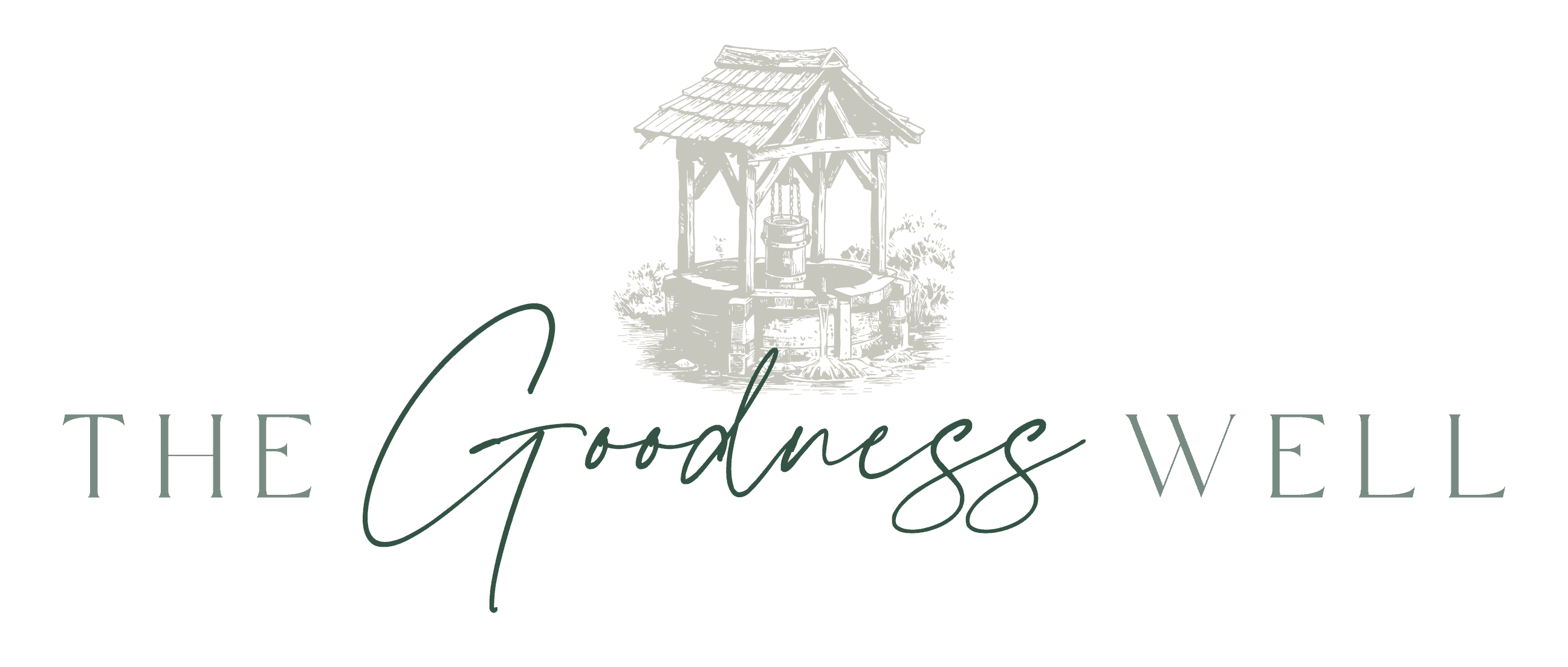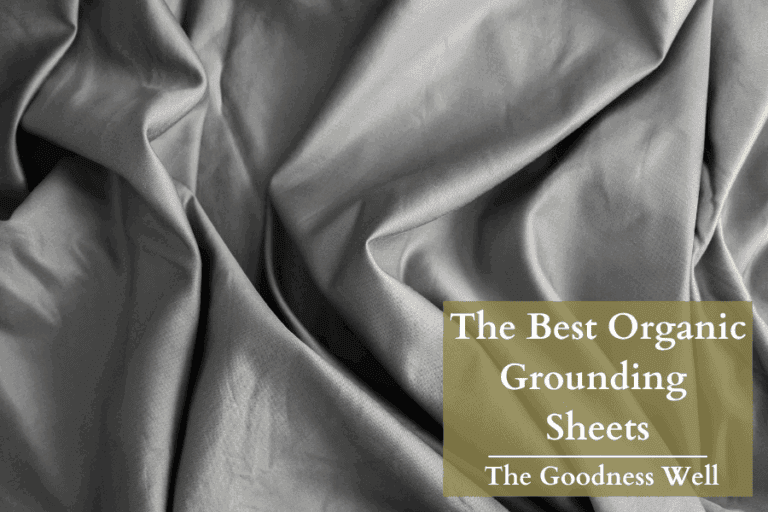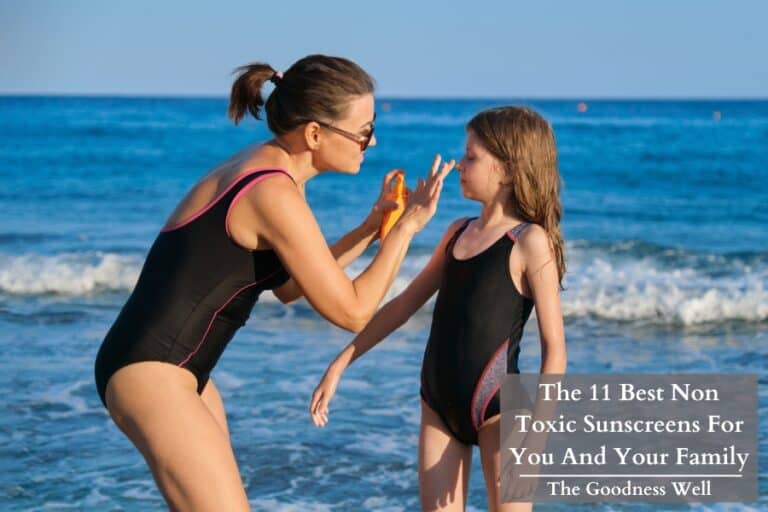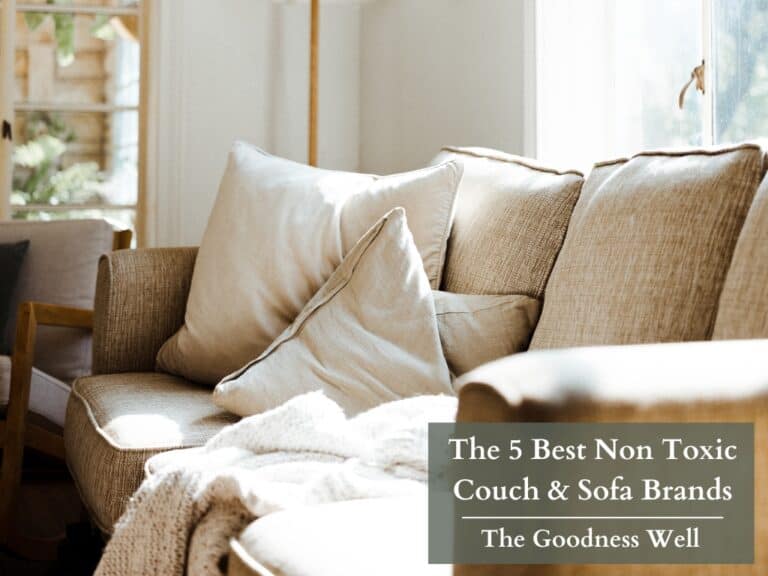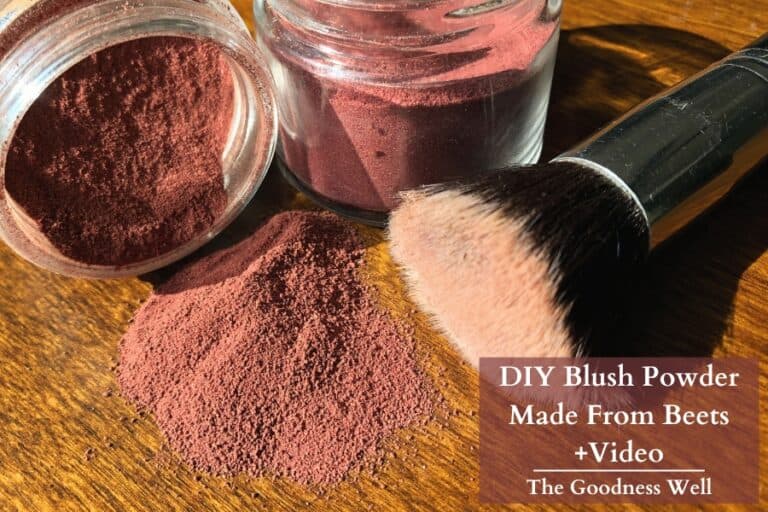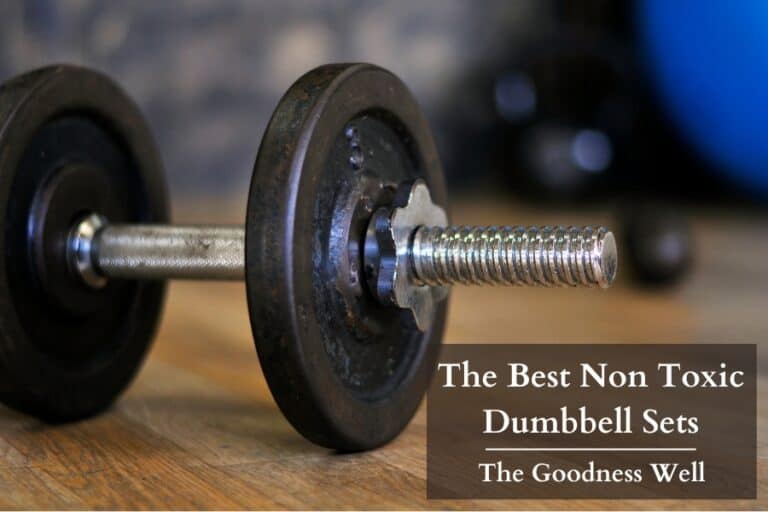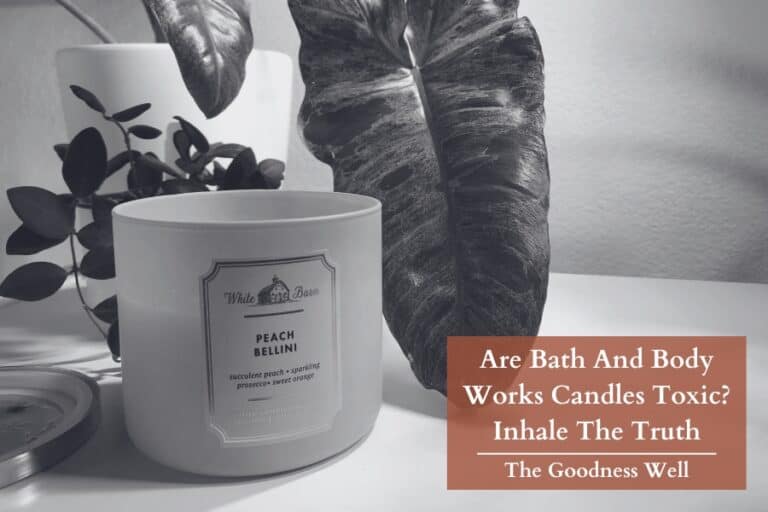The Truth About Parabens in Shampoo: Should You Avoid Them?
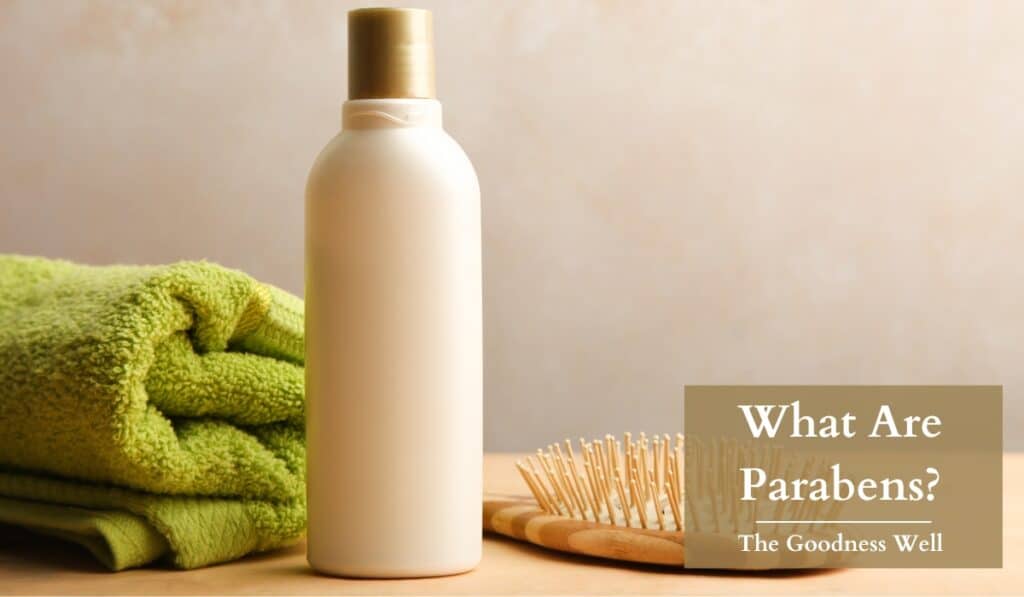
If you’re like us, you’re on a journey to get rid of toxic chemicals, and after going through your hair care products, you might ask, “what are parabens in shampoo?”
Like sulfates, this ingredient is a hot topic- some argue it’s toxic, others say it’s only harmful in large amounts. But what’s the truth?
We did a lot of research into both sides and we’ve got the answer.
Here we go.
TL;DR
Parabens are synthetic preservatives that prevent bacterial and fungal growth in hair care and cosmetic products. Parabens are known endocrine disruptors and are associated with health risks like breast cancer, and also can cause environmental harm. You should avoid parabens by choosing paraben-free products through ingredient lists, “Paraben-Free” labels, EWG-Verified certification, and using resources like the EWG’s Skin Deep database.
What Are Parabens?
Parabens are a class of synthetic preservatives in cosmetic and hair care products to keep them from growing bacteria and fungus.
They’re derived from para-hydroxybenzoic acid (PHBA) which occurs naturally in some fruits and vegetables, but are produced synthetically for the products we use.
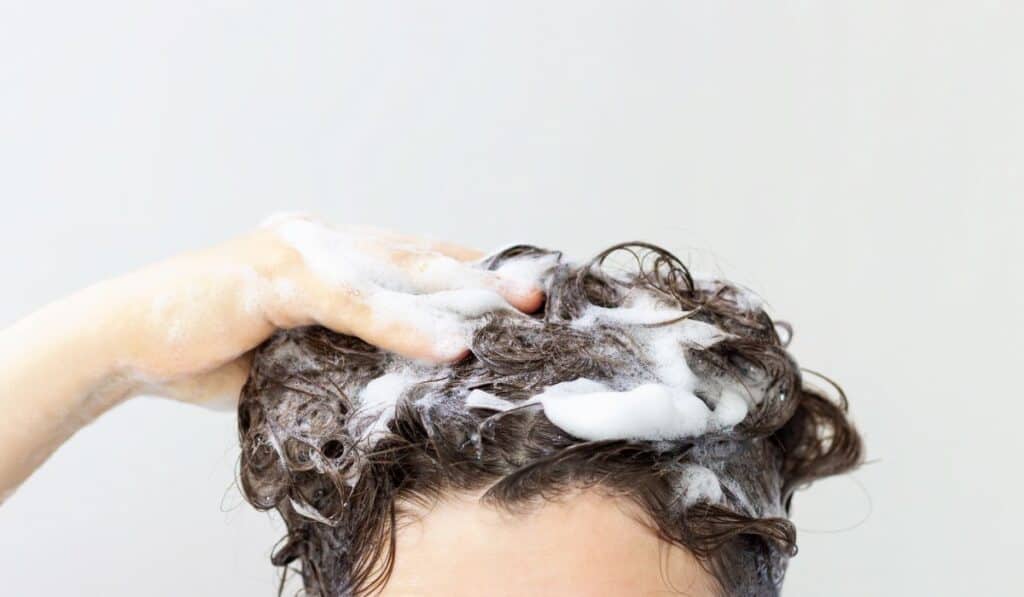
Should We Avoid Them?
Yes, you should avoid parabens. They can be absorbed through the skin and have been linked to breast cancer, endocrine disruption, and other possible harmful effects.
In a study, they found that common parabens like methylparaben, often used in cosmetics and personal care products, led to changes in the prostates of both male and female gerbils.
It suggests that parabens mess with hormones, even though this was tested on gerbils at higher doses.
Another study notes that because of these chemicals’ endocrine-disrupting effects, they are linked to breast cancer and poor reproductive health in women, those who are probably exposed to the most! Smh.
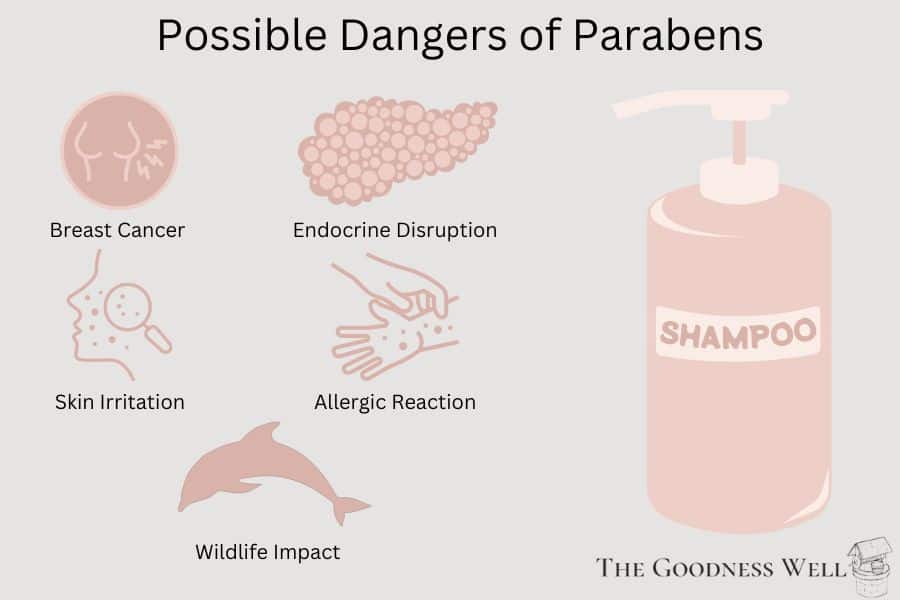
On top of this, they’ve also been found to cause toxicity to aquatic organisms.
Remember, when something affects animals, it makes its way through the food chain right back to us.
We don’t even need this chemical in our products, as natural ingredients such as herbal extracts and essential oils were actually found to limit the growth of bacteria more effectively than parabens.
“Examined extracts and essential oils inhibit the growth of microorganisms more firmly than methylparaben.”
NIH
These are all the reasons we have gone paraben-free in our products.
But how do you identify them and choose better?
5 Tips to Avoid Parabens & Choose Alternatives
Here are the rules we follow when picking paraben-free shampoo and other products.
1. Ingredient List: Examining the ingredient list. Manufacturers are required to list all the ingredients, and those in the highest concentration usually appear first.
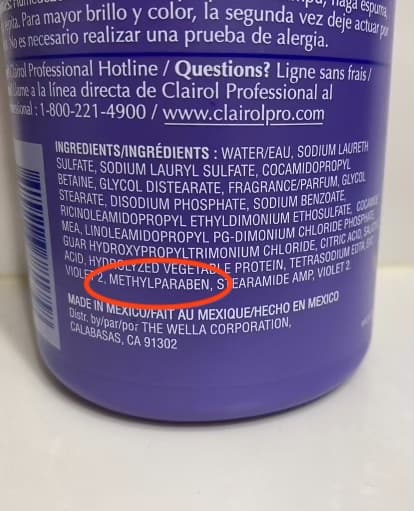
2. Common Names for Parabens:
- Methylparaben
- Ethylparaben
- Propylparaben
- Butylparaben
- Benzylparaben
- Isobutylparaben
3. Look for “Paraben-Free” Labels: Always double-check the ingredient list to be sure.
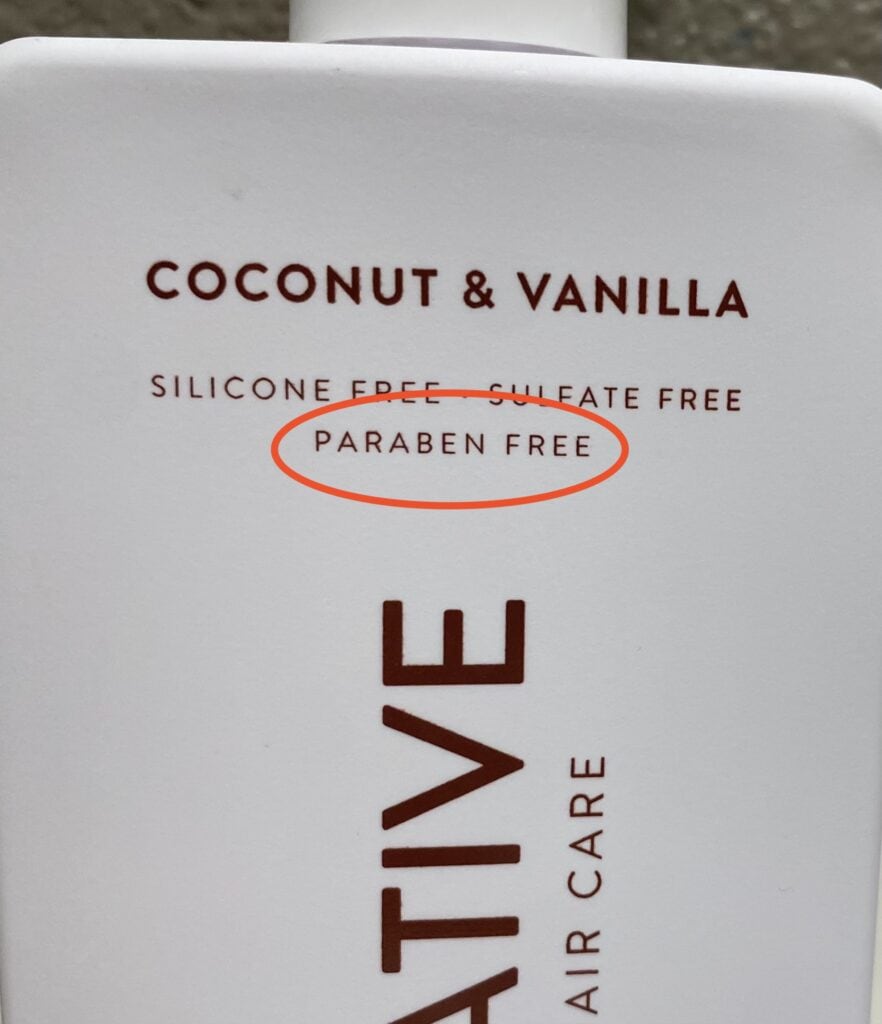
4. EWG-Verified Certification: If you choose a product with this label, you can be sure it’s free from parabens and all other toxins. This is the highest standard when it comes to non-toxic products.
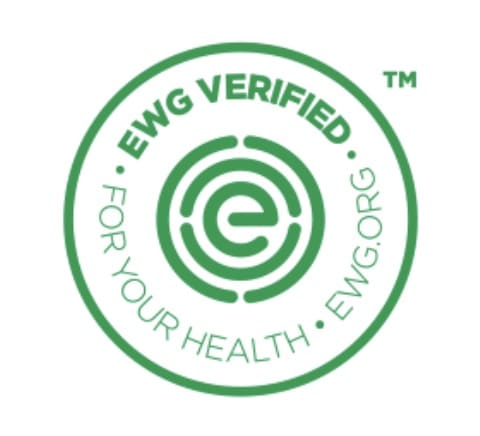
5. Mobile Apps and Online Databases: There are several apps and online databases, like the Environmental Working Group’s (EWG) Skin Deep, where you can input or scan a product to check its ingredients and potential hazards.
Final Thoughts
So with many safer alternatives out there, there’s no need to choose toxins like parabens in shampoo.
And with the fact that essential oils and herbal extracts prevent bacteria growth better than parabens, why not opt for the natural options?
Luckily, there are paraben-free alternatives like Avalon Organics, Babo Botanicals, and Dr. Bronners.
